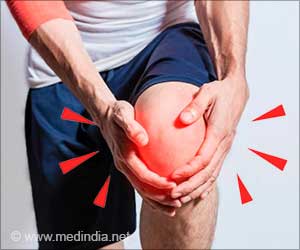A new research report says what you eat and not just the number of calories, is a significant factor in diabetes risk. So you're wrong if you think losing weight is enough to prevent Type 2 diabetes.

"Our study contributes to better understanding of the genetic and environmental factors influencing several risk factors which are associated with obesity and metabolic disease (e.g., Type 2 diabetes)," said Matej Oresic, Ph.D., study author from the Steno Diabetes Center in Gentofte, Denmark. "As such, our study may contribute to the efforts aimed at prevention and treatment of metabolic complications associated with obesity."
To make this discovery, scientists studied identical twin pairs, where the twins differed in weight. They were healthy young adults from a national (Finnish) study of twins. The twins ate a fast food meal, and then gave many blood samples over several hours. A broad panel of small molecules (i.e., metabolites) was measured in blood, including amino acids, fatty acids and bile acids. The diversity of fecal microbiota also was assessed at the baseline. Results showed that twin-pair similarity is a dominant factor in the metabolic postprandial response, independent of obesity. Branched chain amino acids, known risk factors of diabetes, were increased in heavier as compared to leaner co-twins in the fasting state, but their levels converged postprandially. This study also demonstrated that specific bacterial groups were associated with postprandial changes of specific metabolites. This is the first comprehensive study examining metabolic postprandial responses in twins discordant for weight.
"When someone is overweight and at risk for diabetes, the conventional wisdom is to say 'lose weight,'" said Gerald Weissmann, M.D., Editor-in-Chief of The FASEB Journal, "and to a degree that recommendation holds true. This report, however, shows that a calorie is not just a calorie as some would contend. Exactly what we eat and drink, and not just the number of calories, may be the most important factor in our health."
Source-Eurekalert















